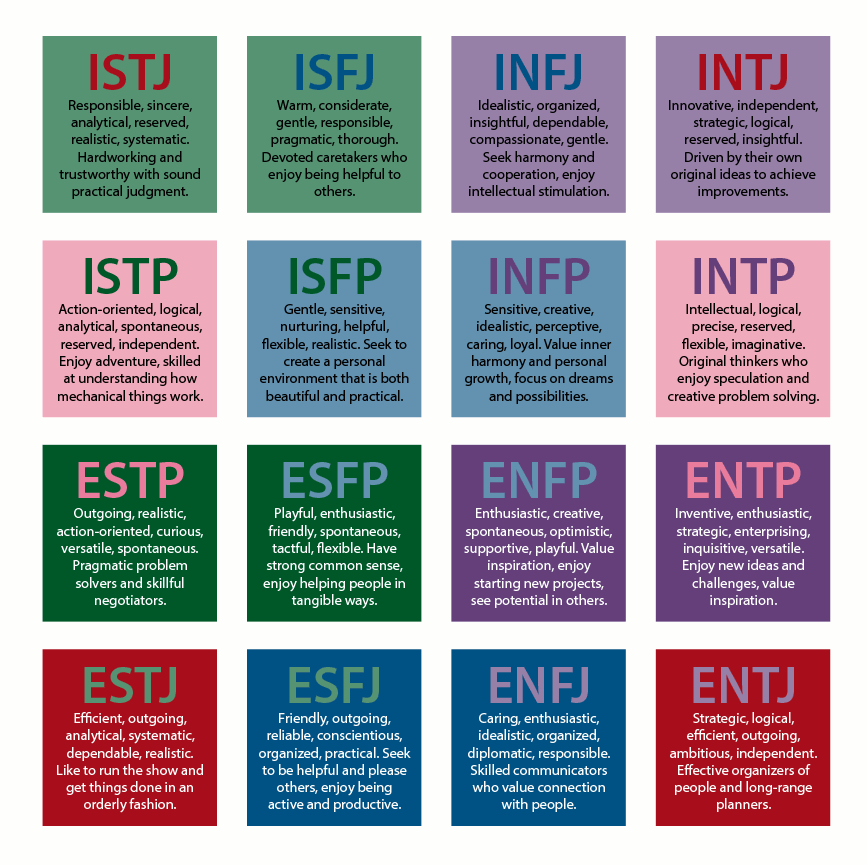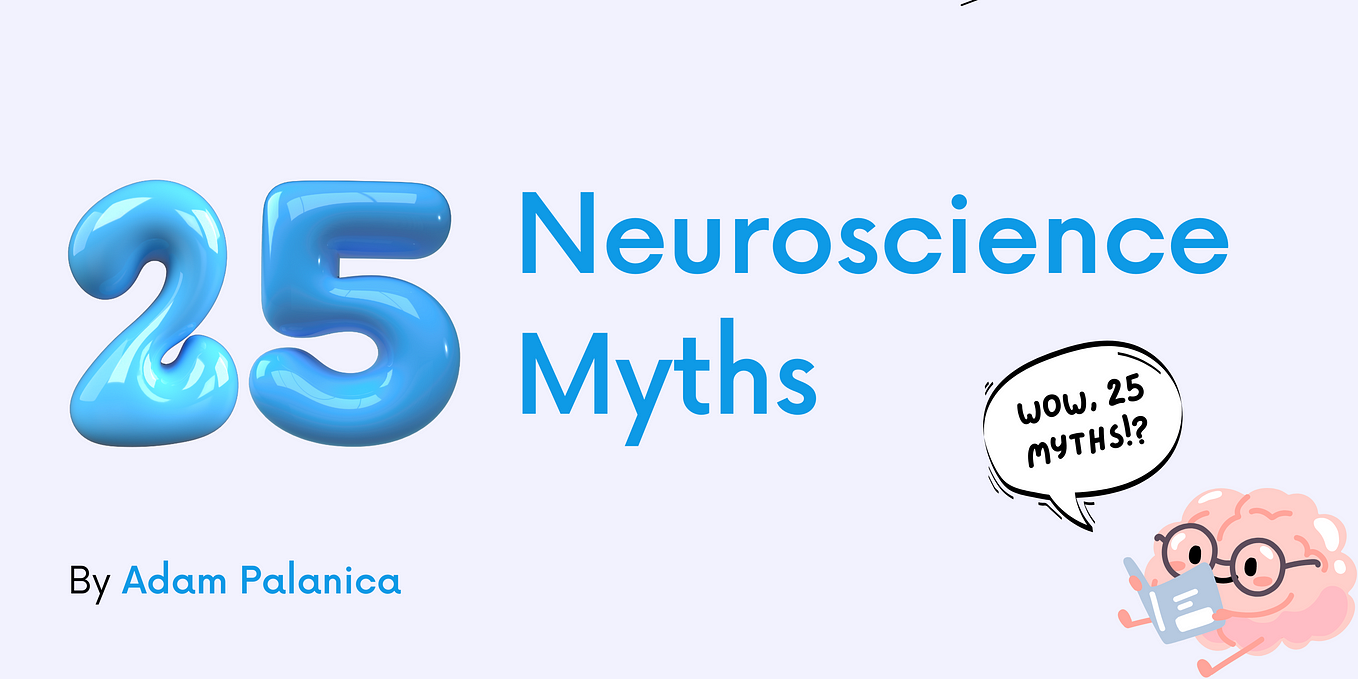Our Sheepish Nature
Looking at human behavior through wooly perspectives
If there is such a thing as reincarnation, I would love to re-live life as British biologist and broadcaster Sir David Attenborough. But it is not his worldwide travels that I am envious of. Nor his erudite British accent. It is the fact that he gets to observe animals behave in their natural habitat for a living. This seems to be the ultimate allure of living life as a legendary fauna documentarian.
My reason for why animal behavior is fascinating is a rather selfish one. There is a lot of wisdom to be found deep within the uninterrupted canals of the natural world. We humans have a tendency to anthropomorphize animals — to superimpose human traits onto them, when there in fact is none. But instead of us superimposing our traits on to animals, it is perhaps wiser — and certainly more interesting — to consider what certain animal traits can reveal to us about ourselves.
From a bird’s eye point of view, we sapiens tend to behave like sheep. There is a well-known psychological term for this, herd mentality — the strong tendency for people to conform to the group they belong to. A close kin of herd mentality is group think — the phenomenon whereby people make bad decisions in the name of conformity towards the group. I suppose group think is simply a natural byproduct of herd mentality, but both reflect the fact that we human beings tend to very readily give up our agency and individuality in exchange for conformity.
But perhaps conformity is not necessarily the right word.
Again, let us look at the behavior of our wooly confidants for more insight. I doubt that sheep follow other sheep in order to quench their desire for conformity for its own sake. It seems to be more mindless than that. Sheep follow other sheep simply because it feels safe and secure to do so. Not following the herd immediately brings about the consequence of being singled out, which greatly increases the probability of death. Thus, it is not necessarily conformity that we are receiving in exchange for us giving up our individuality; it is more accurate to say that we give up our individuality in exchange for safety — but such safety only comes within the parameters of conformity.
The Studies
There have been a lot of conformity studies showing how easily and predictably humans can be swayed by the currents of the group and the majority. In the famous Asch conformity experiments, 75% of individuals chose an obviously wrong answer in a very simple visual task (matching line lengths) — simply because multiple actors were planted around him to choose the obvious wrong answer.
In Phillip Zimbardo’s prison simulation experiment at Stanford, volunteers were randomly assigned to be either prison guards or prisoners in the simulation. Whilst the study was supposed to last for two weeks, it had to be stopped at the sixth day due to the physical violence enacted by the hypothetical ‘prison guard’ towards the hypothetical ‘prisoners’. Within a very short period of time, volunteers who were assigned as prison guards became power hungry and violent. Those who were assigned as prisoners showed strong signs of depression and hopelessness.
Perhaps the most disturbing conformity study ever conducted was Jane Elliot’s “Brown Eyes, Blue Eyes” experiment in 1968. Elliot was a teacher and anti-racism activist who admired Martin Luther King Jr. Just a day after his assassination, Elliot conducted a rather cruel experiment to illustrate the very real and damaging effects of racism.
She divided her students into groups of brown-eyed and blue-eyed people and verbally declared blue-eyed people as superior. Blue-eyed students were given privileges such more recess time. They also had access to the jungle gym, in which brown-eyed students were not allowed to access. As if measures were not drastic enough, Elliot also gave considerably more food during lunch time to the blue-eyed students by allowing them to have second and third helpings. Such extra helpings were not available for brown-eyed students.
The results were not surprising. Blue-eyed students yielded better grades and started behaving more dominantly towards their perceived inferior brown-eyed friends. Brown-eyed students exhibited more demoralized and submissive behaviors. Students who were friends with a member of the other group were ostracized by their peers within their respective group. Most concerningly, however, the term “brown-eyed” became a derogatory term in the students’ vocabulary.
The experiment received criticism for its potentially harmful psychological treatment of young children and would very likely not pass today’s ethical research standards. But it does provide a revelatory window towards the dark realities of conformity.
Standing Backwards in an Elevator
Whenever I read about these conformity studies, I tend to think (with great hubris) that I am the exception rather than the rule. In Asch’s experiments — “Of course I would choose the obvious right answer even if everyone around me chooses the wrong one, I am not that naive”. In Zimbardo’s prison simulation — “Of course I would not abuse the prisoners, I am not that easily influenced by my peers”. In Elliot’s experiment — “Of course I would not mistreat my brown-eyed friends simply because an authority figure told me I am more superior than them, that would be silly”.
Blind conformity seems silly to us. But maybe they seem silly because — just like in the mindless herd of sheep — this behavior has been so deeply ingrained within our psyche. It is imprinted within our genetic predisposition for survival — so much so that its effects are no longer salient to us.
If you are like me and believe that you have not been psychologically molded by this instinctual predisposition towards conformity — I might have my own experiment that may very well disprove this proud sentiment of yours. Try blatant disconformity — in a public setting — and notice how that feels.
The next time you enter an elevator with other people, break the eternal and unspoken rule of standing with your face facing towards the door. Instead, stand with your back facing towards the door — precisely the opposite of what everyone else is doing.
Invariably, within that silent awkward period of vertical motion inside a giant metal box, people will start looking at you weird. Fifteen seconds will feel like fifteen minutes as you sense the searing burn of judgement at your nape. Anxiety would have travelled throughout your entire being far before the elevator doors open. Your heart rate will increase. Your breathing may even become shallower. You would — quite understandably — feel like a crazy person.
This is the dread of non-conformity. It is evidence of how unnatural it is for us to not conform towards the rules of the majority — even within such trivial and unspoken rules of lift etiquette. It is what sheep probably feel when they veer away from the safety of the herd.
In a world increasingly ruled by the modern secularist, it is often perceived that people are becoming more selfish and individualistic. I think this is an illusion. In the absence of life-threatening hardships and religion, the deeper meaning to be found for the modern secularist is through the approval of others — and the safety and security that comes with it. Consumerism and commendation has become today’s religion.
For most people — the stylish clothing that they wear, the aggressive politicking that they do, the wealth and achievement that they strive for— has rarely to do with authentic self-expression, but rather an instinctual desire to be admired and accepted by the majority.
It is an illusion to think that one can live in a vacuum of perfect autonomy separate from the social context in which one is situated. The great majority of us are helplessly bound by the folkways and approval of our tribe. Indeed, very few of us have the testicular fortitude to be the black sheep in the family.









